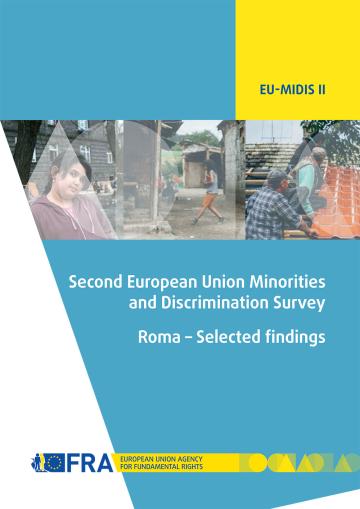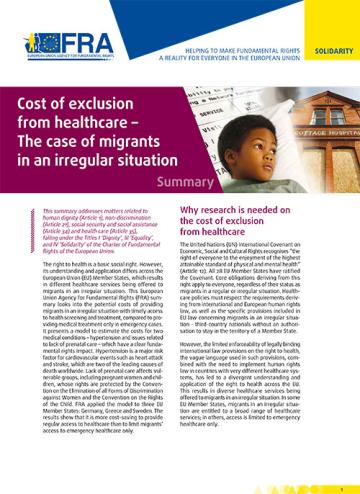Help us make the FRA website better for you!
Take part in a one-to-one session and help us improve the FRA website. It will take about 30 minutes of your time.

EU Charter of Fundamental Rights
34 straipsnis - Socialinė apsauga ir socialinė parama
1. Sąjunga pripažįsta ir gerbia teisę gauti socialinio draudimo pašalpas ir naudotis socialinėmis paslaugomis, suteikiančiomis apsaugą pagal Sąjungos teisės ir nacionalinių teisės aktų nustatytas taisykles ir praktiką motinystės atveju, susirgus, patyrus nelaimingą atsitikimą darbe, esant išlaikytiniu ar sulaukus senatvės, taip pat netekus darbo.
2. Kiekvienas Sąjungoje teisėtai gyvenantis ir teisėtai keičiantis gyvenamąją vietą asmuo turi teisę gauti socialines pašalpas ir naudotis socialinėmis lengvatomis pagal Sąjungos teisę ir nacionalinius teisės aktus ir praktiką.
3. Siekdama įveikti socialinę atskirtį ir skurdą, Sąjunga pripažįsta ir gerbia teisę į socialinę paramą ir paramą aprūpinant būstu, kad pagal Sąjungos teisės ir nacionalinių teisės aktų nustatytas taisykles bei praktiką būtų užtikrintos tinkamos gyvenimo sąlygos visiems neturintiems pakankamai lėšų.









